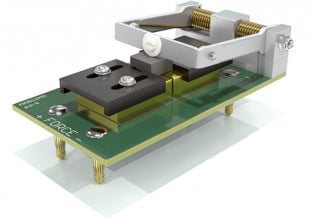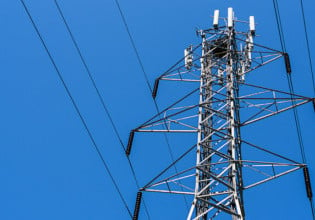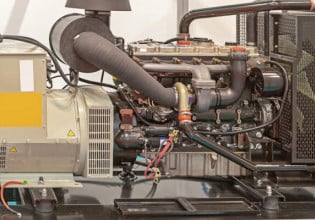Nissan & NEC Joint Venture – AESC – Starts Operations To Produce Li-ion Batteries
Nissan Motor Co., Ltd., NEC Corp., and its subsidiary NEC TOKIN Corp., announced that its joint-venture company – Automotive Energy Supply Corp. (AESC) – has begun full operations.
AESC will focus on the development and mass production of advanced lithium–ion batteries for a wide range of automotive applications from hybrids, electric vehicles to fuel–cell vehicles. NEC and NEC TOKIN bring their expertise in cell–technology and electrode production, while Nissan will contribute from its long experience in real–world vehicle application.
With an initial start–up capital of 1.5 billion yen (US $14.3 million), the equity stakeholding between Nissan, NEC Corp. and NEC TOKIN Corp. stands at 51:42:7 respectively.
AESC will invest 12.0 billion yen (US $114.6 million) over a three–year period in a manufacturing facility to be located at Nissan’s Zama facility in Kanagawa Prefecture and operational by 2009. Production capacity will be at 65,000 units with initial start–up capacity to begin at 13,000 units a year. Under the Invest Kanagawa scheme, AESC has submitted its application for a total investment of 13.4 billion yen (US $128.0 million) and expects to be granted an incentive package.
To support AESC’s production demand, NEC TOKIN will invest 11.0 billion yen (US $105.1 million) over the next three years at its NEC Sagamihara Plant in Kanagawa Prefecture, to mass produce lithium–manganese electrodes by 2009.
AESC will market its battery products to potential customers in the automotive industry worldwide. The high-performance lithium-ion batteries employ a compact laminated configuration which the company claims delivers twice the electric power compared to conventional nickel–metal hydride batteries with a cylindrical configuration. Based on on-going vehicle field tests, AESC states that it batteries have been validated to be safe, demonstrating high-performance qualities, on average runs of more than 100,000km.
The first commercial application for AESC’s li–ion batteries is destined for forklifts for small business operators in 2009. This will be followed by Nissan’s electric vehicle, to be introduced in the U.S. and Japan, as well as Nissan’s original hybrid vehicle in 2010. By 2012, Nissan has announced its plans to mass-market electric vehicles to consumers globally, which it is claimed will boost demand for batteries significantly.






